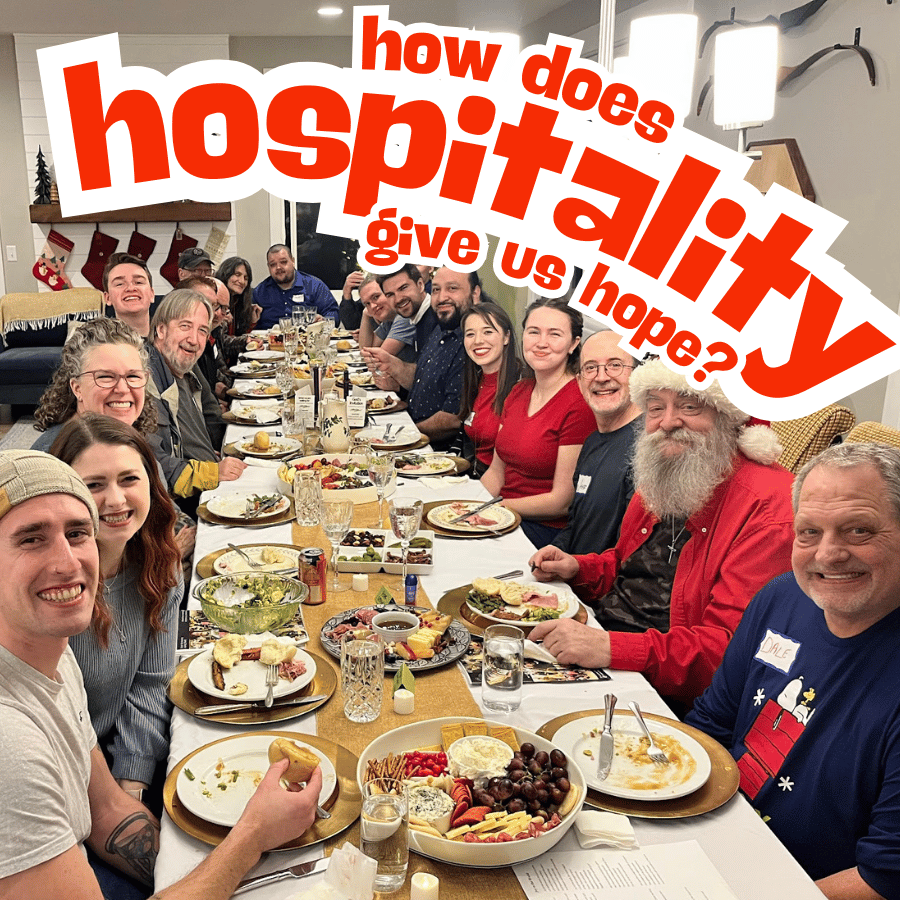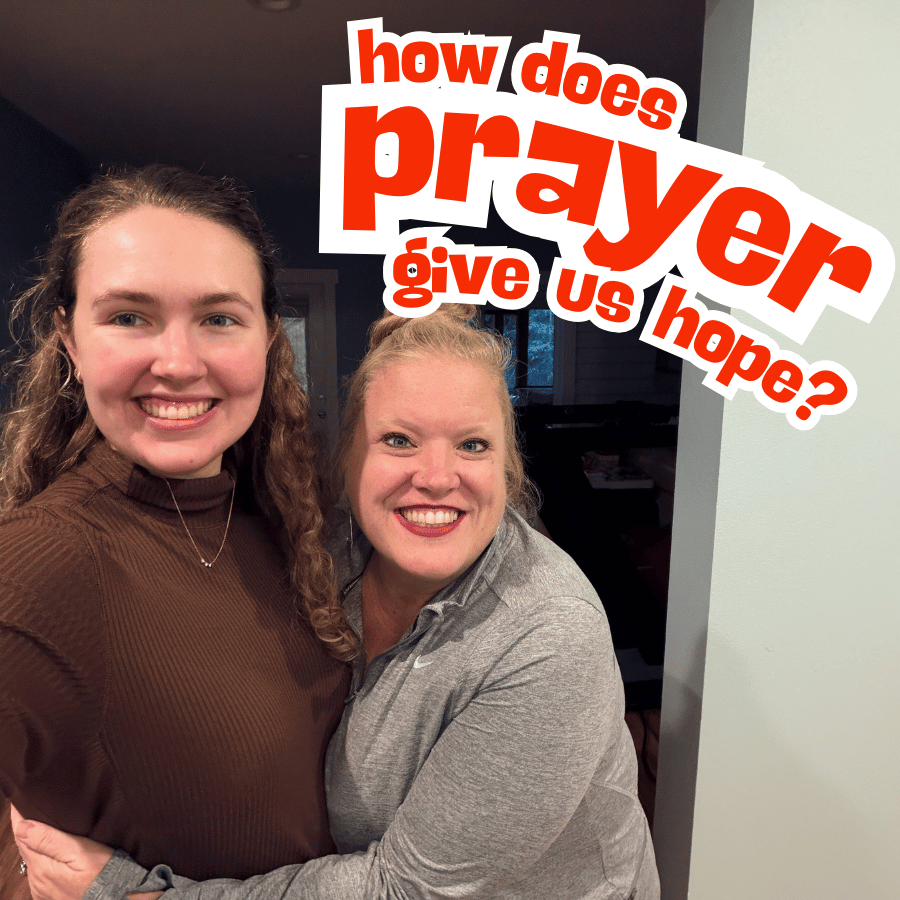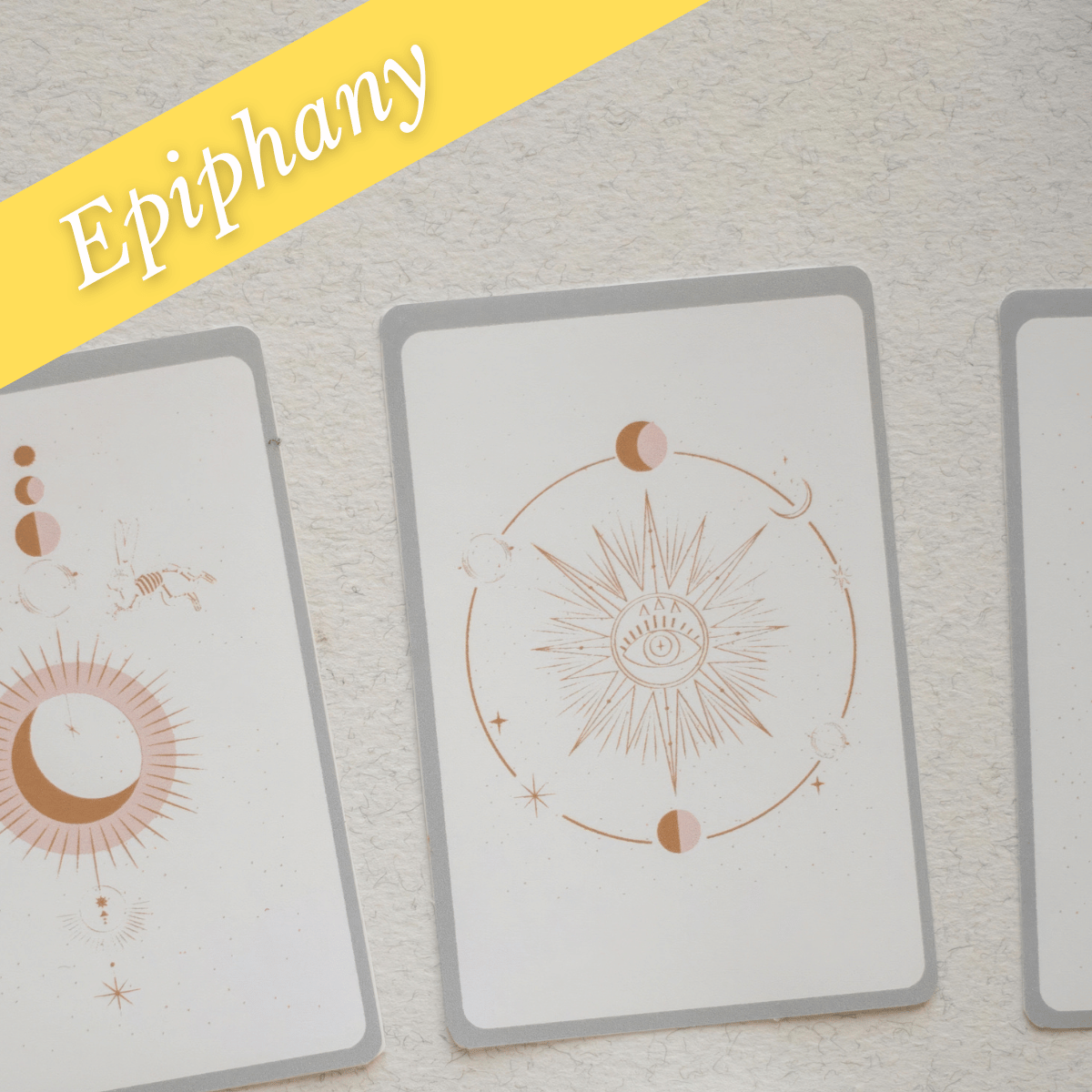Closed Door, Open Door
Written by Emma McCoy
4 minute read
If you’ve been tuning in to the Spring Church blogs the last couple weeks, you might remember our Big Idea for this season: We take the next step together, even when the faithful path isn’t easy. This idea is going to stick with us for Ordinary Time, which spans from Pentecost to Advent.
And if you haven’t been tuning in, that’s quite alright. I can’t seem to pay attention for an entire class period, no matter how interesting it is. It probably has something to do with social media frying my attention span. Anyway, here’s a quick recap of the Big Idea: walking on the faithful path means walking in the direction that Jesus is walking in, and participating in what He’s doing in our lives. It’s also not always easy, and in the hard times and the good times we walk on that path in community, together, because that’s how God has intended it.
Despite the difficulties, it’s worth it.
Now, walking the faithful path can look like a lot of different things. It might look like abstinence: from substances, certain sexual behaviors, or a harmful relationship. It also might look like participation, like attending church or small group, asking for forgiveness, or leaning into spiritual practices.
As we’ve been learning at Spring Church over the years, the faithful path, and a relationship with Jesus, involves other people discipling and teaching us.
So the faithful path also includes keeping an eye out for the unexpected and invisible people that Jesus is using to disciple us along the way. And that, my friends, is not easy.
Jesus is continually using people I don’t expect to bring me closer to him on this faithful path. Like I wrote last week, my writing professor brought me back to regular church attendance. We’re different generations, denominations, and come from totally different backgrounds. And yet, she’s the one who came to me and said it was time for me to stop church-hopping, and to join her small group. That unexpected discipleship went well because I was willing to listen (albeit grudgingly), and even though I didn’t see it coming, it’s brought a lot of good things to my life.
Now, it doesn’t alway go this well. Another instance where Jesus sent someone unexpected to disciple me came in the form of a friend I’ll call Maya.
Historically, I haven’t been very good at picking friends.
I tend to choose people who aren’t very good for me: emotionally unavailable people, emotionally unstable people, people who don’t ask much from me. It’s not a great impulse of mine, and I’m working on it (and I’ve got some pretty awesome friends now). It’s a way for me to avoid the risk of getting hurt. One thing I’d tell younger me: you can absolutely still get hurt.
Maya and I were friends for about two years. We met in undergrad, and for a while, we ran in the same circles. She was very smart, a great time at gatherings, and made people feel really listened to. At the same time, she was highly critical, sharp-edged, and had a habit of giving the silent treatment when she was hurt. Unfortunately, I never knew what I had done to offend. She also would needle me in group settings, playing things off as a joke, but I would leave feeling hurt without quite knowing why. I won’t pretend to be perfect; there were definitely things I did wrong. The problem was that I often wouldn’t know I had done something wrong until a few weeks or months later, and I’d be told through a third party. Around her, I felt stupid, naive, and a few steps behind. I’m none of those things, but being around Maya had a way of making me feel small, or like I was walking on eggshells. And it wasn’t super overt, either; it took me nearly two years to figure out, and I wasn’t even the one to end the friendship.
True to pattern, Maya pulled back and totally ignored me. And this time, it was pretty obvious—we had three classes together and saw each other every day. When I asked, she confirmed that she wanted space, and didn’t tell me why. At this point, I figured it was best to let go, and upon reflection, I figured out the revelations I listed above.
It wasn’t that as soon as that friendship ended I was like, “I need to make better friends!” and I suddenly became very good at discernment and was able to pick out 25 amazing close friends who are good for me. We’re not riding off into a glorious sunset of reciprocal relationship and community. But my relationship with Maya did get me to the point where I said to myself, “Alright, that sucked. I need to do something different. I’m going to try going out for coffee with some people at my church.”
In a fairly direct sort of way, the ending of my friendship with Maya helped steer me toward healthier relationships. With people in my small group, my church, and at school. I was able to pour more into the relationships I had that mattered and be more wise in the new friendships I picked. I don’t want to repeat that pattern, and I now have a better sense of when I’m being put down. I think I now have enough tools in my toolbox to know when to say, “that wasn’t very kind.”
So in a fairly direct sort of way, the ending of my friendship with Maya helped steer me forwards on the faithful path. It was an unexpected kind of discipleship that was painful, yes, and not easy, but it also helped alter a decade-long pattern of choosing friends poorly. Even when it’s painful, the faithful path is worth it because when I walk it, I become more like Jesus. I become more wise, loving, and healthy, and I experience the careful correction Jesus gives me: a correction to help, not to harm, even when my short-term human self calls all kinds of hurt the same thing.
This Sunday, join us for our Common Table Gathering as we keep walking the faithful path together. May we all continue to become more like Jesus along the way, growing deeper in healthy and loving relationships.










3-minute read